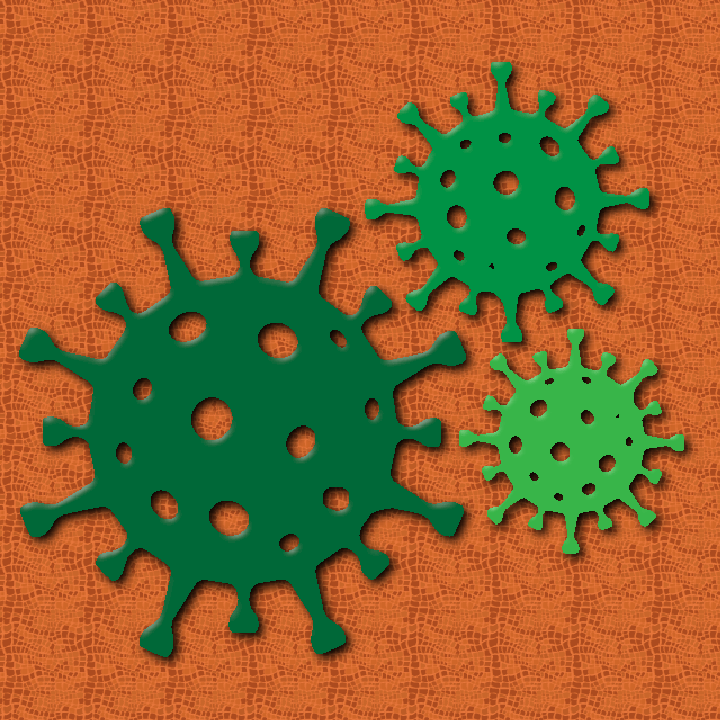National Minority Health Month:
Working Together to Help Communities Become Vaccine Ready
April is National Minority Health Month, and this year, the HHS Office of Minority Health (OMH) and national, state, territorial, tribal and local partners will focus on the impact of COVID-19 on racial and ethnic minority and American Indian and Alaska Native communities. Together, we will underscore the need for communities at higher risk of COVID-19 to get vaccinated as more vaccines become available.
The theme for National Minority Health Month is #VaccineReady and observance activities will support helping vulnerable communities get the facts about COVID-19 vaccines, share accurate vaccine information, participate in clinical trials, get vaccinated when the time comes, and proactively practice COVID-19 safety measures.
“Since the start of the pandemic, data show that racial and ethnic minorities are more likely to test positive for COVID-19, more likely to be hospitalized and more likely to die from COVID-19 compared to non-Hispanic whites,” said RADM Felicia Collins, MD, Deputy Assistant Secretary for Minority Health and OMH Director. “While there appears to be light at the end of the long pandemic tunnel, it is important for all of us to be vaccine ready and to continue the public health precautions while we wait our turn to get the vaccine – wearing a mask, watching our distance and washing our hands.”
Studies show that COVID-19 vaccines are effective at keeping people from getting COVID-19 and the CDC recommends that everyone get vaccinated as soon as they are eligible. As more vaccines become available, there are steps individuals can take to protect themselves until they can get vaccinated:
- Wear a mask to protect yourself and others and stop the spread of COVID-19.
- Wash your hands often with soap and water for at least 20 seconds.
- Stay at least 6 feet apart from others who do not live with you.
- Avoid crowds. The more people you are in contact with, the more likely you are to be exposed to COVID-19.
Fully vaccinated people should continue to take precautions in public like wearing a well-fitted mask, maintaining physical distance from unvaccinated people or people whose vaccination status you do not know, and practicing other prevention measures as recommended by the CDC.
To learn more about National Minority Health Month, find resources, events, and information in English and Spanish, visit the Office of Minority Health website. Follow OMH on Twitter or Twitter in Spanish, Facebook, Instagram, and YouTube.






